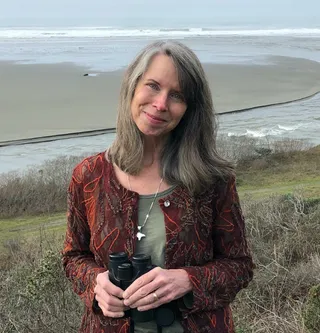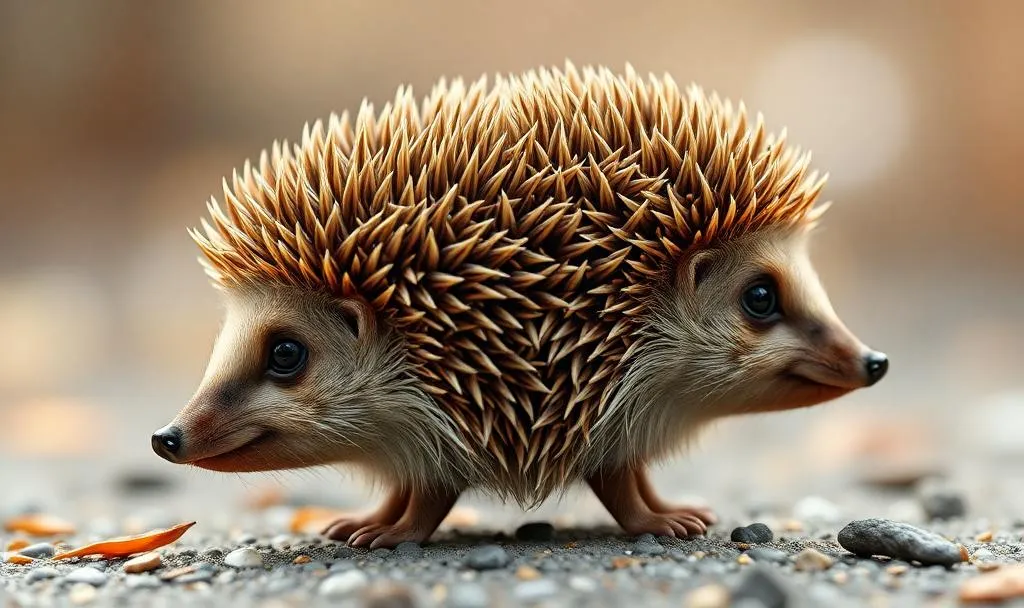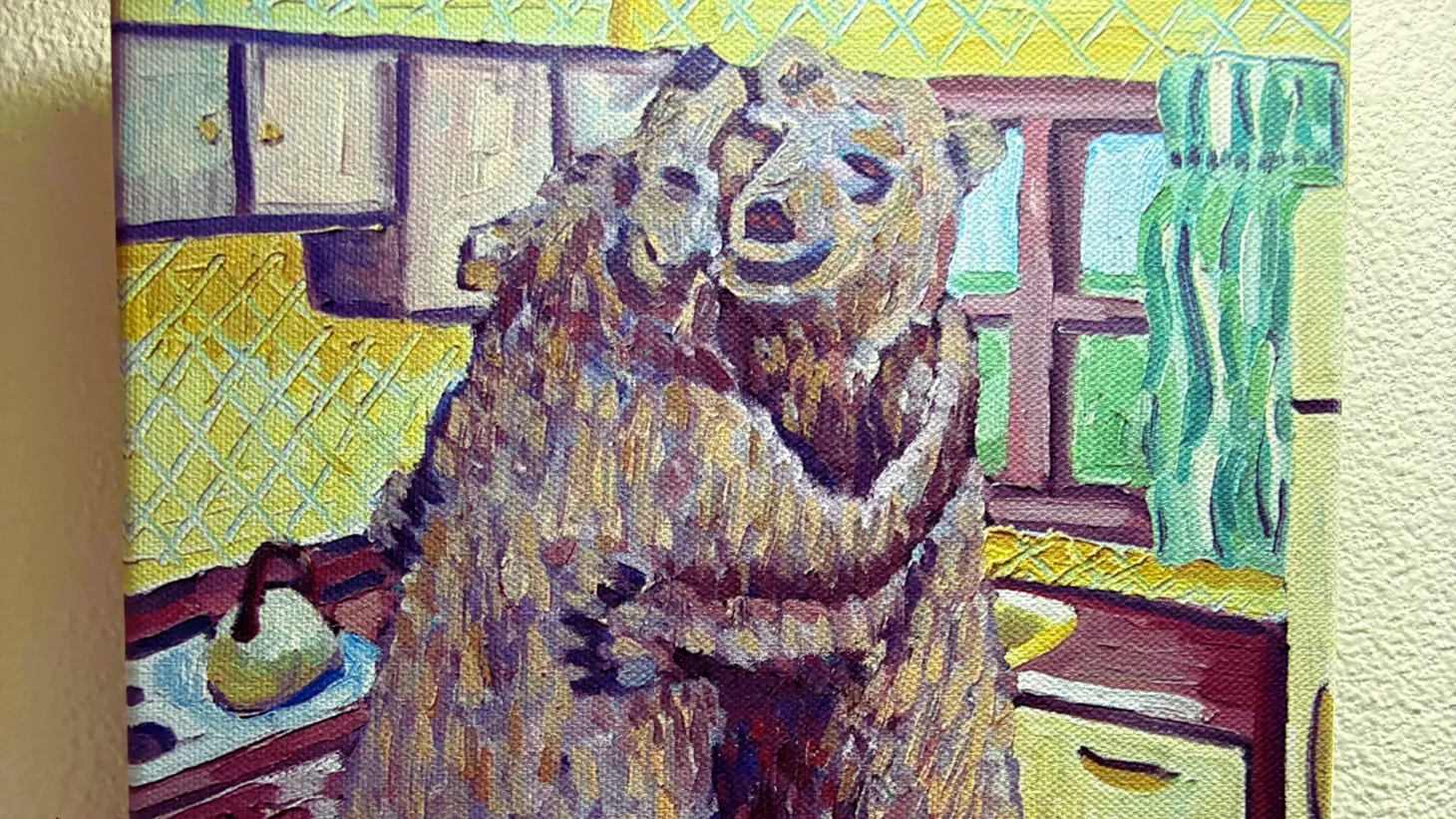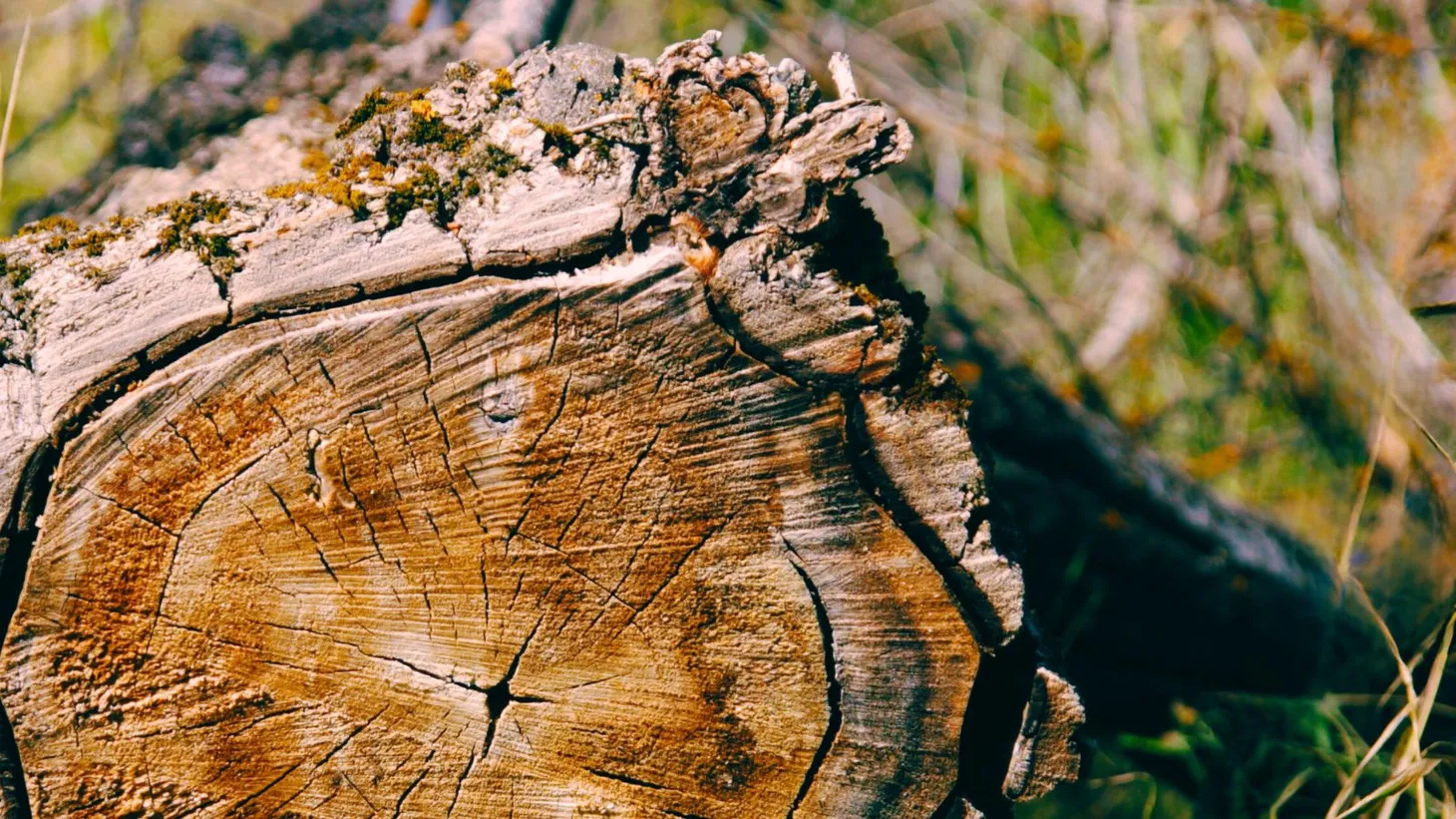Spending time in salmon nation
Two stories about being curious to feel more alive
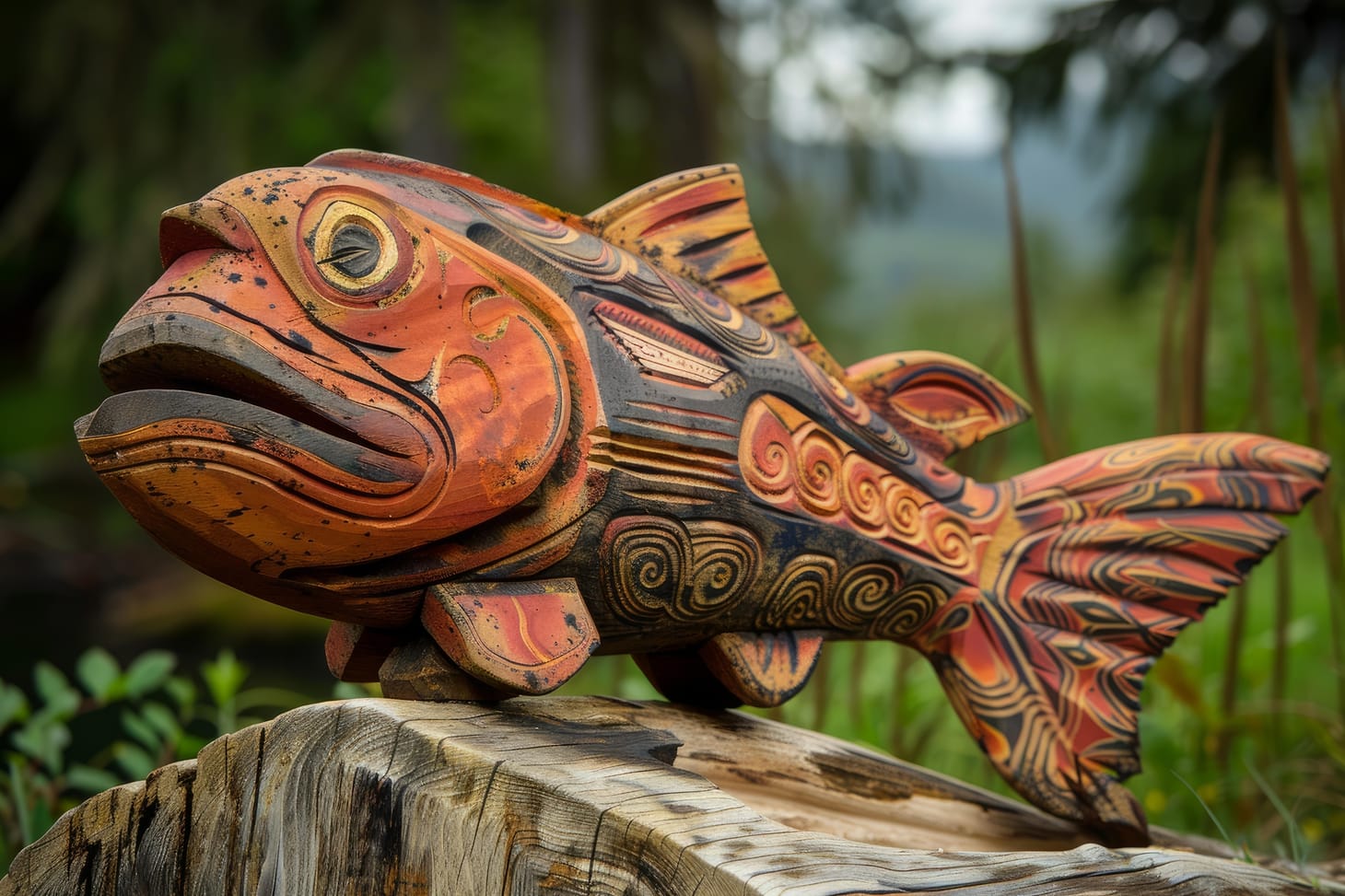
A salmon stretches across the eastern sky, a creation of sun and cloud.
Look, coral-red is tinting the tips of redwoods, the yellowing leaves of alders and cascara blush pink, the pond’s surface is a crimson-orange, and the waterfalls leading into it are suddenly flecked with bits of fire toppling over stones.
Everywhere on the other side of this window the quality of light is magical.
When your body senses something this spectacular happening, you must look up, you must stop whatever it is you think you are doing, you must rap your robe quickly around you, and bolt outside to stand it in, be in that light making your skin glow and your heart beat a tad faster, be part of that light, be a brief and radiant being.
If you wait, you’ll miss it.
The light, coming through a single long cloud, is moving, always moving. If you look away, if you say to yourself, I’m too tired or too busy or not now or what if the neighbors see me gawking at a cloud in my owl slippers, you’ll miss the moment.
This is true of a salmon cloud. This is true of your whole life.
Blink. Where did it go?

That was Saturday. Today, after days of steady and sometimes torrential rain, a bomb cyclone that brought us a power outage, and an atmospheric river still flowing over us, someone farther north of me saw a literal wild salmon swimming across a flooded road.
My kind of traffic.
Still, having once lived along the East Fork of the Lewis River in Southwest Washington state, I’ve seen how the serious flooding of streams and creeks during or following a salmon spawn can be bad news not only for next year’s salmon, but salmon migrations three or four years later.
Salmon eggs are resilient, though they need safe spaces to stay put for awhile, to endure whatever comes flowing by so they can evolve into a much bigger, wilder version of themselves. They aren’t so different from you or me.
Have you ever seen salmon eggs? They’re stunning pearls—magenta, pinky-yellow, apricot, or more orange than an orange.
The salmon parents live their whole lives, leaving their birth stream for the adventure of the ocean, then returning to those same streams (not easy to do these days) to create the possibility of more salmon.
A female coho, chinook, sockeye, pink, or chum can lay upto 17,000 eggs, though only 15% will hatch, and just 1% will grow into an adult salmon. Only a fraction of those will ever make it back to their river homeland to breed. They are the original lottery, made more high-stakes as the world continues to be shaped and disturbed by the still-growing population of their human neighbors.
When I lived beside the Lewis River, I came to understand how I was a citizen of salmon nation, a concept partly drawn from the region’s indigenous peoples and expanded on by ecologists.
Salmon nation conveys the idea that we’re all part of a state or nation that has nothing to do with maps, elections, and regulations. We live in a kind of nature state begun long before all of that. We’re rooted in a rich, physical region, an organic community that’s biologically and systemically interconnected and interdependent, also known scientifically as, a bioregion.
I’m farther south these days, but still a citizen of salmon nation.
A Klickitat elder I once knew liked to say the salmon are in the trees when he talked with groups of schoolchildren. The small faces all looked up into the Doug firs and Western hemlocks, as if some other kind of atmospheric river had salmon shimmying in the treetops.
What he meant was how the salmon are essential to our well-being, explaining how the circle of their lives ultimately feed the trees and other species, making our world physically as well as metaphysically livable.
After releasing eggs and sperm to find each other in the moving water, the returned salmon begin to die, internal organs deteriorating and their shimmery, scaled skins rotting.
Within days, their bodies feed bears, bobcats, minks, and an array of insects. Their remnants enrich the river ecosystem, providing nutrients to trees and plants along the waterway, some flowing all the way back out to the ocean to be part of that something-larger-than-themselves that keeps on going.
A thought now, My salmon cloud may have actually been a salmon cloud.
If the salmon feed trees and trees breathe, which by the way they do, isn’t some part of that breath more than oxygen, carbon dioxide, sugar, and water?
Outside, everything drips. What’s in those clear bits of water, dangling then dropping? The breath and cells of redwoods and some soggy hidden raccoons? Maybe some once-were salmon? Somehow and certainly the people we love?
As I unlock a door to step outside and take it all in, I discover a salamander beside the threshold, its speckled brown tail curled into an ’S’ as if it knows the name we’ve given it.
“Well, hello, and thank you for showing yourself to me,” I say, squatting for a closer look at my rarely seen friend. “You are meant for the wet world outside.”
I leave the door ajar for him as I step, not out of the house, but into the immensity of out-there. If you ever feel small and alone, one cure, at least temporarily, is step into this world, this universe of living beings and the mysteries of physics that you belong to.
The air is fresh, though tinged with the musty scent of mud and autumn decay. Redwood and Sitka spruce limbs are flung randomly. Cones, twigs, and needles have been wind-piled into waves, the way the ocean strands curving lines of sea-stuff on the beach after a high tide.
What else is here?
Rain sprinkles down on me, literally just on me, and not over there in my neighbor’s yard or over there where a trail leads into woods. There’s a phrase for how this happens, this being selectively anointed by a shaft of rain, but I can’t remember it.
So, I close my eyes, turning my face upward. The rain is a cool shower, tapping eyelids. The drops drumming on my cheekbones make me think, tribal. I breathe in and hold the breath before releasing it. I open my mouth to taste this moment, welcoming in this sliver of salmon nation.
Then the rain spreads its wings over the rest of all that I can see. Heading back into the house, the salamander is gone. “Godspeed, Speckled One.”
The Wild Now
Get insights & stories for rediscovering life in the wild now.

